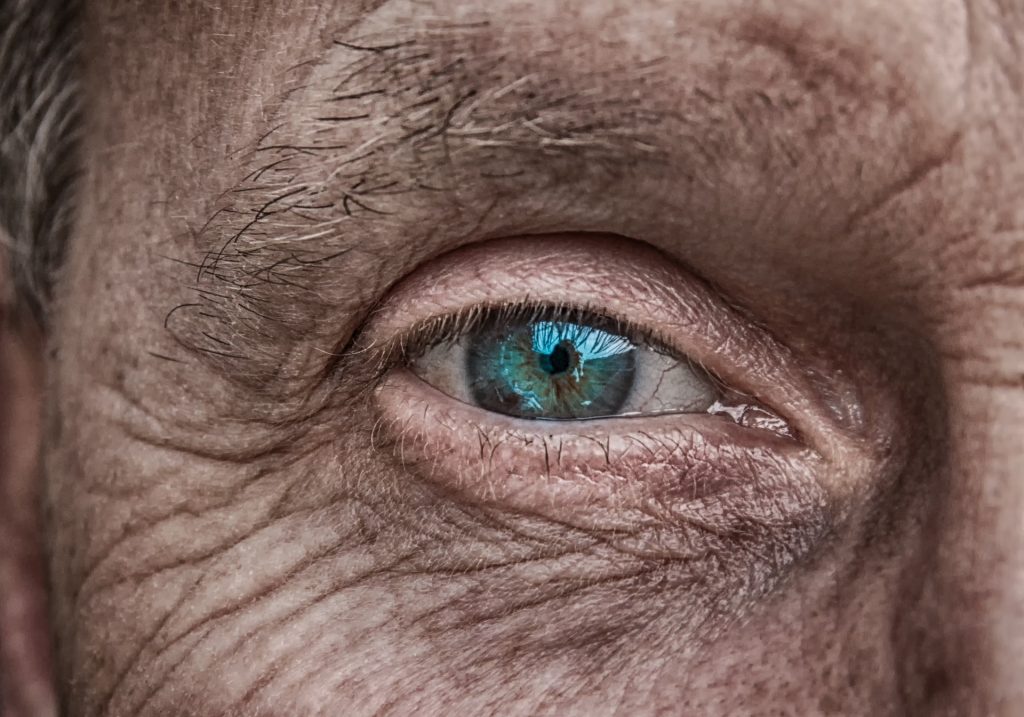
“The Hindenburg Path” describes a dialogue which appears to make no sense because one of the interlocutors is hard of hearing.
People suffering from a hearing impairment may seem odd (unapproachable, indifferent, arrogant etc.) and be treated accordingly, which may mean that they increasingly grow to resemble the mistaken image which others have of them. The same applies to people who find it difficult to communicate because they grew up speaking a different language. In the situation described in the story, the problem is probably a result of the man’s efforts to avoid loneliness by attempting to communicate in spite of his hearing impairment. The story reflects the general principle that “odd” behaviour often turns into “ordinary” behaviour once we are aware of its context.
Mr Neumann greeted Mr Krauss, an elderly man who lived nearby. “Hello, Mr Krauss” “Hello… and where have you come from?” Mr Neumann pointed in the appropriate direction and replied, “From down there.” “Oh, the Hindenburg path.” “The Hindenburg path? Why’s it called that?” “It’s so steep you can’t go up it.” “I see. But what does that have to do with Hindenburg?” “Haven’t you ever heard of the enormous Hindenburg airship…!”









